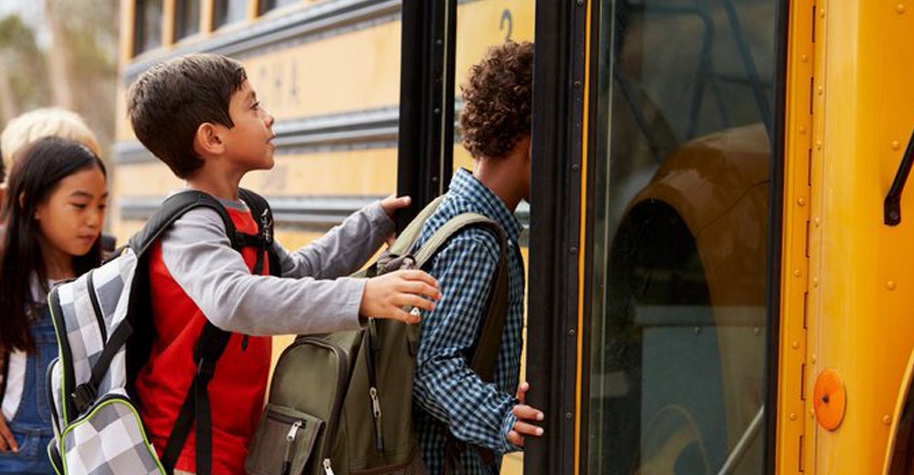Introduction
Babies communicate with the world around them through a unique and intricate language of their own. While they may not use words, babies express their needs, emotions, and desires through a combination of sounds, facial expressions, and body movements. This article delves into the fascinating world of baby language, providing insights into how parents and caregivers can decipher and respond to the cues their little ones give.

- Crying: The Universal Signal
Crying is a primary mode of communication for infants. While it may be distressing for parents, it serves as a crucial signal of their needs. Babies have different cries for various reasons, including hunger, discomfort, tiredness, or the need for a diaper change. Over time, parents can learn to distinguish between different cries and respond accordingly.
- Facial Expressions
Babies’ faces are windows to their emotions. They often express happiness, surprise, fear, and even discontent through their facial expressions. … Read more

